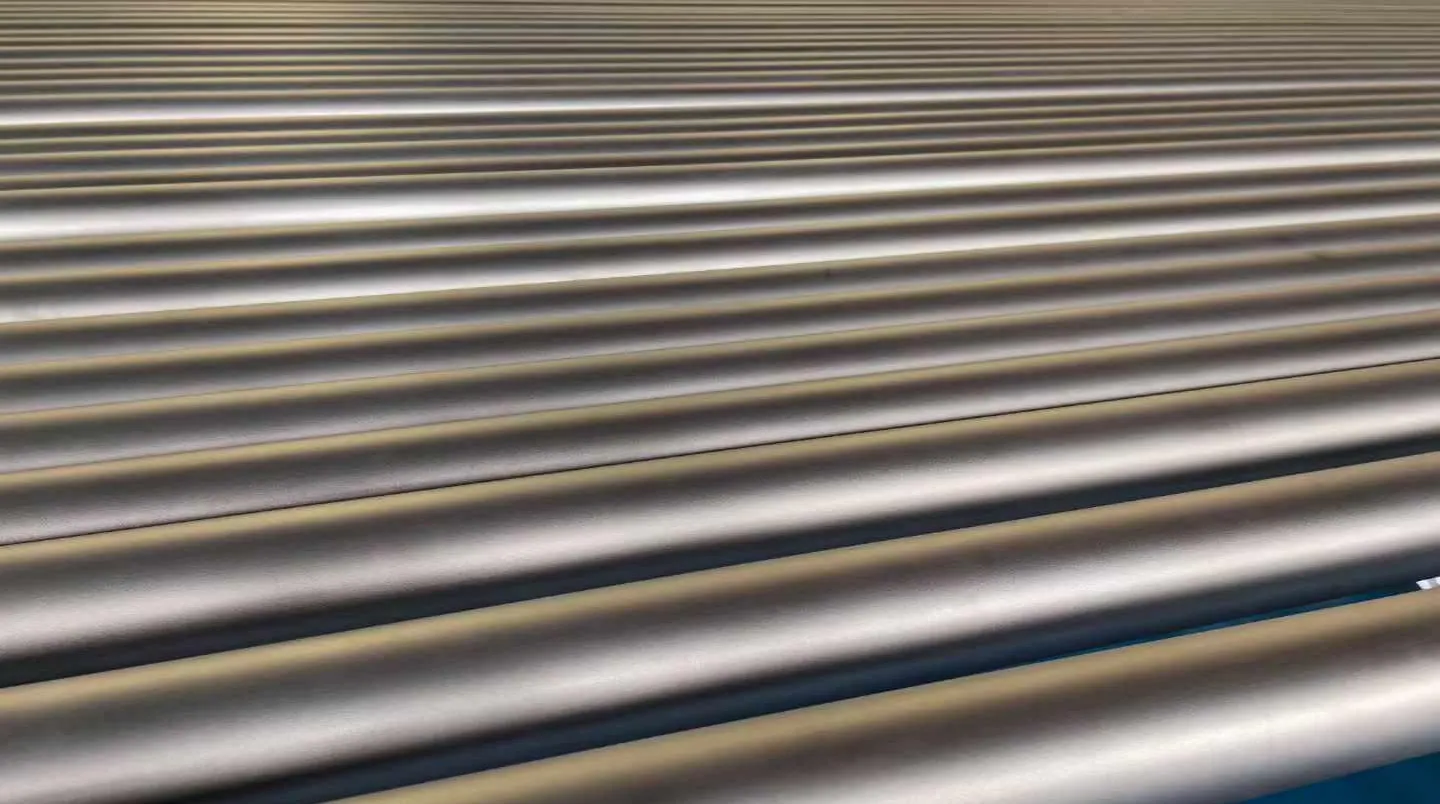The Performance And Application Of Alloy Monel 400

Monel 400 is also called Ni68Cu28Fe, two of which are commonly used nickel-copper corrosion resistant alloys, and the other is Ni68Cu28A1.
Monel 400 is a corrosion-resistant nickel-copper alloy with the largest amount, the widest application and the best comprehensive performance. Due to the difference in chemical composition, it can have a variety of alloy grades, but there is no significant difference in corrosion resistance between them.
Chemical composition and organizational characteristics of Monel 400
The chemical composition of Monel 400 alloy is mainly composed of 30% Cu and 65% Ni plus a small amount of Fe (1%-2%), and the structure is a typical single-phase austenite structure. Since nickel and copper are mutually soluble in any ratio, there is generally no intermetallic phase precipitation.
Observing the structure of this alloy under non-etching conditions under a metallographic microscope, it can be seen that there are very dispersed non-metallic inclusions on the austenite matrix. For example, sulfides and silicates, carbides can also be observed under certain conditions.
Corrosion resistance
Nickel-copper alloys are more resistant to corrosion by reducing media than pure nickel, and more resistant to corrosion by oxidizing ectoplasm than pure copper. The Ni68Cu28Fe alloy is no exception. Because the Ni68Cu28Fe alloy has a single-phase austenite structure, there is no corrosion caused by the galvanic reaction between different phases of the multiphase alloy.
The alloy has high corrosion resistance in the atmosphere and is an extremely corrosion resistant alloy. In natural water and distilled water, the alloy is extremely resistant to corrosion, and the corrosion rate is generally ≤0.025mm/a. (including different temperatures, different flow rates and many harsh conditions of air filling).
In acidic slurry containing oxidizing salts, the corrosion of the alloy will increase, but it is still among the corrosion-resistant materials.
Applications
It can be used to manufacture pump shafts, heat transfer tubes and impellers. In seawater, another important use of Ni68Cu28Fe is to manufacture structural parts that prevent seawater corrosion in the splash zone of oil production platforms. The corrosion rate of Ni68Cu28Fe in strongly agitated sea water with the presence of air generally does not exceed 0.026mm/a.
However, Ni68Cu28Fe alloy is prone to pitting corrosion in still seawater. In air and oxygen, the oxidation resistance of this alloy is lower than that of pure nickel, and the maximum working temperature can be 600°C. Under high temperature conditions containing HF gas, when oxygen is present or under condensation conditions, this alloy is generally not used.
Posted by stainless steel pipe fittings supplier, kaysuns



